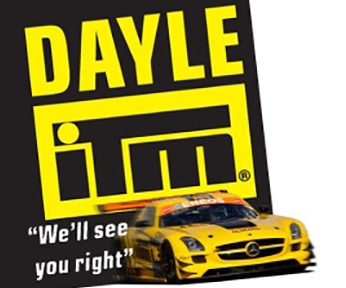Coronavirus has killed off the highly anticipated Mazda TCR programme set to make its debut next season across a range of global TCR series.
The sinister looking hatchback based off of the Mazda3 was set to be powered by a turbocharged 2.0-litre four-cylinder mill punching an estimated 260kW of power.
The car was set to make its competition during the IMSA Michelin Pilot Challenge race at Daytona earlier in the year under Long Road Racing who are also responsible for the development of the Global Mazda MX-5 cup cars.
A series of planned test days for the 3 TCR was earmarked for later this year before the global pandemic stalled all plans. But now, Mazda USA have confirmed they have ceased the programme entirely, citing the economic aftershocks of the pandemic as the catalyst of their decision.
Even if the car were to be fully developed and homologated for competition, the economic turmoil of the United States raised doubt on whether teams and drivers could attract sufficient sponsorship to run the car.
Already a number of IMSA and American motorsport outfits have had to make sizable cutbacks to limit financial damage inflicted upon by the pandemic.
Mazda were set to become the first TCR manufacturer to base their operations out of the United States.
“Given the recent conditions brought on by the COVID-19 pandemic, Mazda North American Operations (MNAO) has elected to cancel the development program for the Mazda3 TCR car,” a brief statement from Mazda read.
“We thank all our fans and partners for their continued support for Mazda Motorsports.”

It was unknown whether the Mazda 3 TCR would have enticed the interest of New Zealand customers for the upcoming NZ TCR series slated to kick off later this year. Though director of Mazda Motorsports, John Doonan, had initially expressed interest in expanding the car outside of Europe and America with eyes on Asia and Pacific.
Roll out of the car had already once been postponed after “unforeseen issues” in development late last year meaning the first batch of cars were set to be shipped to customers in the back stages of 2020.
















